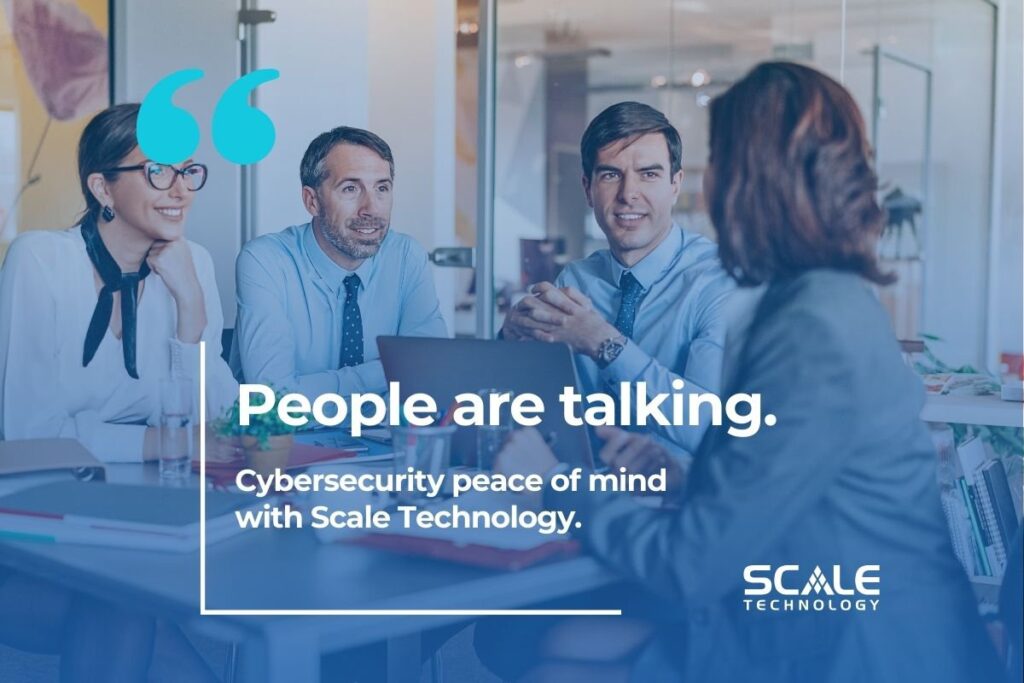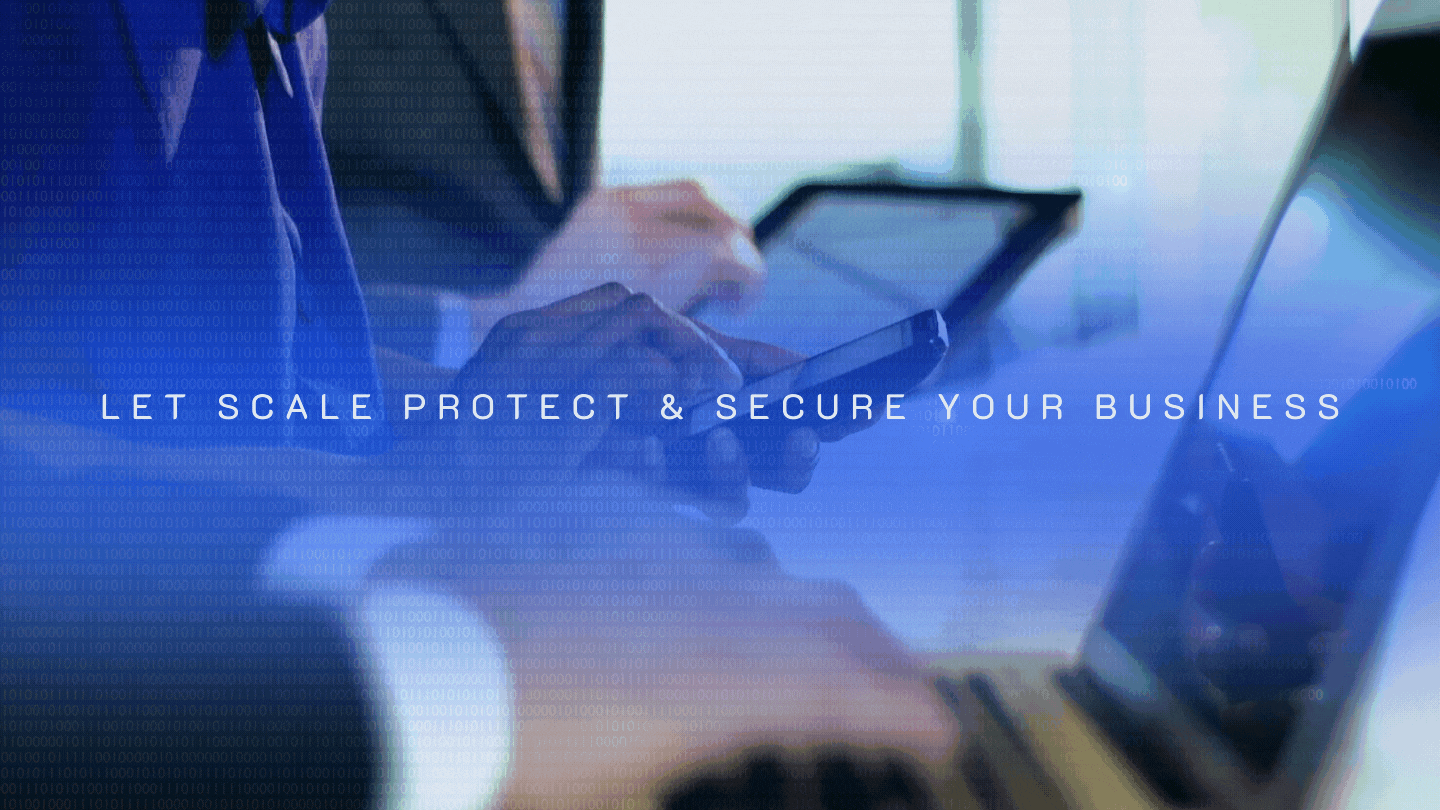Workers and businesses have been exposed to a variety of IT hazards as a result of working from home, or remotely.
Professionals who were acclimated to working remotely before 2020 were better ready to enhance their cybersecurity, but because it's still new for most firms and businesses, many workers are still vulnerable to cyber-attacks.
There are various cybersecurity hazards to be wary of, ranging from phishing emails and file sharing over public networks to weak passwords and physically losing gadgets.
We've been offering IT services to huge organizations and small businesses in Little Rock and beyond for many years. The five security hacks for remote employees we'll address in this piece are based on what we see most frequently.
Continue reading to discover about the IT hazards that remote workers face, as well as possible remedies.

Five Security Hacks for Protecting Remote Workers
Protecting your employees' devices and, as a result, your data is not a difficult task. You can stay safe while working remotely if you follow the advice of your IT service provider.
Following safe procedures, using a VPN, securing your home network with antivirus, and being cautious while opening unfamiliar files are some general cybersecurity hacks.
Here are some more remote worker cybersecurity tips:
1. Protecting Your Third-Party Apps and Communication Channels
That's fantastic if your company's data, staff, and gadgets are all protected by high-security systems. However, if you use unsecured project management systems or third-party communication channels, you're giving hackers a route in.
The network security threat: Your IT-approved communication software isn't always used to communicate with suppliers and vendors. For this purpose, you can either contact via email or use a blockchain.
For hackers, the intersection of many enterprise systems is a good location. Because it's the weakest link in the chain of communication.
The solution: Pay special attention to foreign systems and increase security when vendors connect to your system via their devices. Before allowing you to open any chats, make payments, or transfer files outside your network, your IT staff should do a virus scan.
2. Avoid Communication Over Private Networks and Devices
Hackers can access personal emails and social media accounts. If you use your workplace device to access personal accounts or vice versa, you risk introducing malware into your organization's network.

The threat: Viruses can spread from one server to another via unprotected mobile phones and unprotected Wi-Fi networks.
The network security solution is: To undertake business operations, you should preferably only utilize approved corporate devices. If using personal devices is unavoidable, multiple levels of security must be installed.
Several authentication stages, the use of a virtual private network (VPN), and password protection for your documents and communications all help to keep you safe from hackers.
It protects you from unintentionally opening or forwarding malware. To get access to workplace networks and steal data, most hackers utilize personal email or social media accounts, devices, and chats.
3. Use Cloud Storage
Cloud storage is the new standard, and it's more necessary than ever with remote working.
The threat: If you keep all of your data on your computer, a hacker can take it all with a single cyberattack.
The network security hack: All of your company's data should be stored in the cloud. It's impossible to break into the information since it's encrypted before it's saved on the cloud.
It's also a lot easier to update your network security when you use the cloud, and it comes with a built-in firewall to keep viruses out.
In addition, IT service officers at Little Rock and around the world are professionals at securing your cloud storage with AI and other techniques. As a result, you won't have to worry about keeping your systems up to date because the pros will take care of them.
4. Secure Your Zoom Meetings
You must secure these systems as well because you share firm information and high-level strategy in online conferences on Zoom, Skype, Microsoft Teams, Google Meets, and other platforms.

The threat: Hackers can easily attend confidential meetings if an employee's network is compromised, or your meeting link gets public. Zoombombing is the term for this coined by the FBI.
The network security hack: You'll need to train your personnel to physically check the waiting rooms for uninvited guests, keep an eye out for unfamiliar links in the comment section, and notify IT if any distracting sounds or movies occur.
You can additionally protect your sensitive information in the background by adding an extra tier of password protection before anyone can access your link, preventing participants from renaming themselves and using a blurred or virtual background.
5. Keep the Kids Away From Your Devices
As a general guideline, don't let anyone else use your company's computers or devices. Also, protect your devices to the best of your ability.
Because all of your gadgets are connected to the same home network, if one is hacked, they are all exposed.
The threat: While playing video games or watching YouTube, kids will click on almost anything that appears in front of them. This is problematic since these are breeding grounds for malware and phishing attacks aimed at obtaining your bank account information, protected passwords, and other sensitive data.
Cybersecurity solution: Keep the kids away from your devices; be cautious when clicking links, pop up ads, and use strong passwords.
Additionally, do not leave your computer alone in public areas or coffee shops. Also, when traveling, keep your devices safe.
Final Thoughts
Most traditional firms are unfamiliar with remote working, and thus with the IT difficulties that come with it. Hopefully, this post has taught you some security tips for protecting remote workers.
There are numerous ways for hackers to get access to your systems and steal sensitive information.
Your normal staff may not be educated to spot complicated cybersecurity breaches, and most in-house IT services aren't equipped to deal with them.
However, the good news is that we now provide enhanced security for organizations as well as IT consultancy in Arkansas and throughout the world.
Don't risk losing your data to hackers by leaving your staff defenseless. Please contact us right away so that we can assist you in resolving your IT issues with our proactive services.




